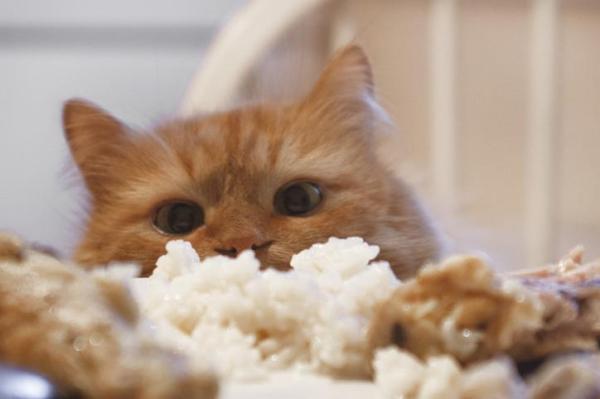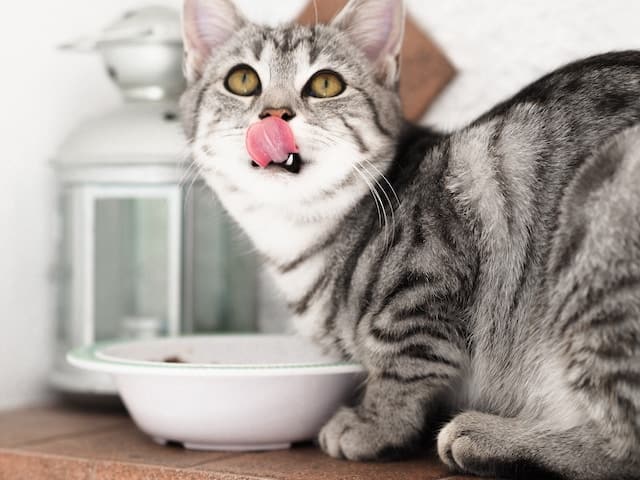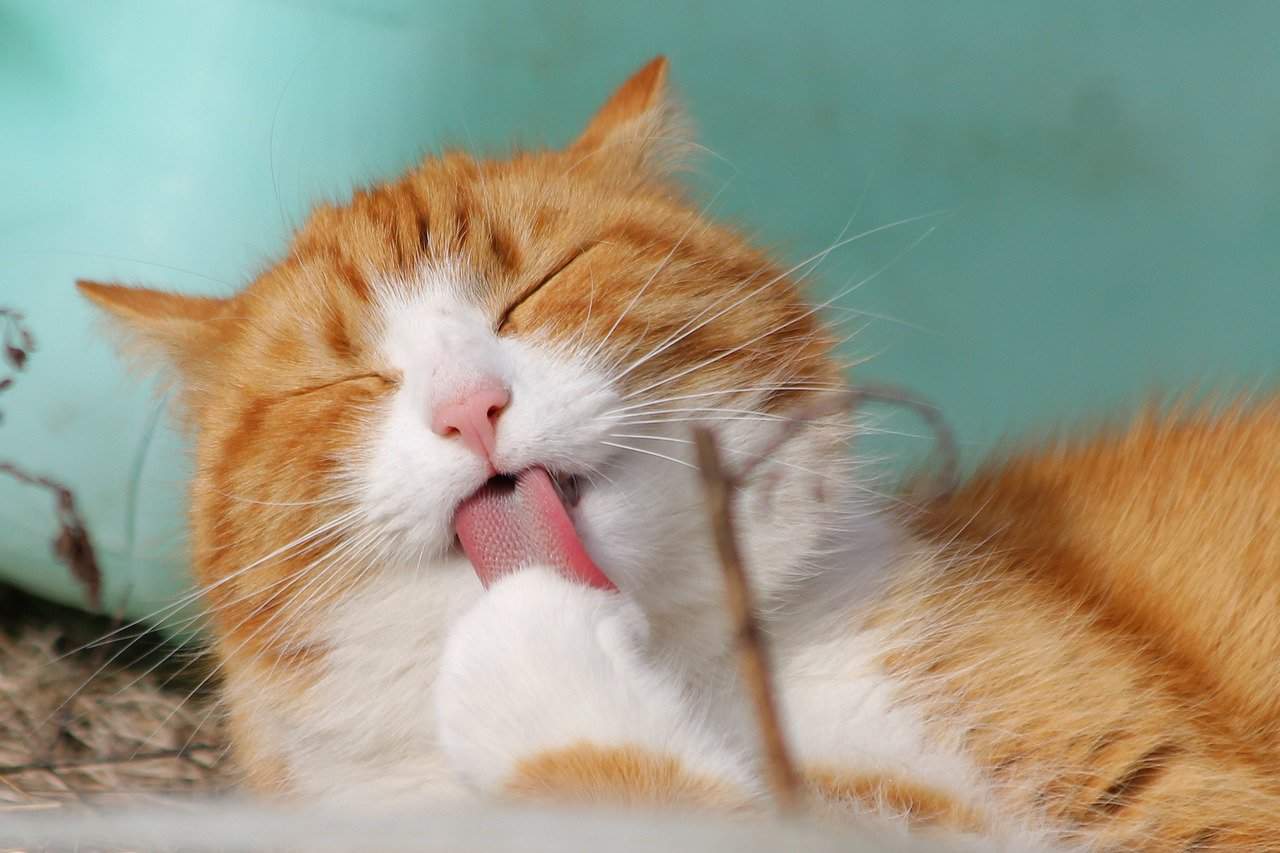
Grain-free – Cats are obligate carnivores, which means that their natural diet primarily consists of meat. However, the question of whether rice is suitable for cats has sparked a debate among pet owners and veterinarians. Some argue that rice can be a beneficial addition to a cat’s diet, while others prefer grain-free options. In this article, we will explore the topic of rice in feline nutrition, its potential benefits, and considerations for feeding rice to your cat.
The Nutritional Needs of Cats
Cats have specific nutritional requirements that differ from those of omnivorous animals. Their bodies are adapted to thrive on a diet rich in animal-based protein, which provides essential amino acids and nutrients like taurine. Unlike dogs and humans, cats lack certain digestive enzymes that are necessary for breaking down and utilizing carbohydrates efficiently.
Rice as a Source of Carbohydrates
Rice is a carbohydrate-rich grain that contains complex carbohydrates, fiber, and some essential nutrients like B vitamins. Some argue that incorporating small amounts of cooked rice into a cat’s diet may provide a source of easily digestible carbohydrates and dietary fiber. This can be especially useful for cats with digestive issues like diarrhea or constipation, where a bland diet may be recommended by veterinarians.
Rice as a Source of Carbohydrates
Fiber in rice can aid in digestion and regulate bowel movements. For cats with certain gastrointestinal problems, including irritable bowel syndrome (IBS), a controlled amount of rice might help alleviate symptoms. It is essential to consult with a veterinarian before introducing rice or any dietary changes to address specific health issues.
Moderation is Key
If you decide to feed rice to your cat, it should be done in moderation and as part of a balanced diet. Rice should not replace the primary protein source, as it may not provide all the essential nutrients that cats require for optimal health. Cats need a diet primarily composed of animal-based protein to meet their unique dietary needs.
Potential Concerns
It’s crucial to be aware of potential concerns associated with feeding rice to cats:
- Carbohydrate Content: Excessive consumption of carbohydrates, including rice, may contribute to weight gain and obesity in cats. Obesity can lead to various health problems, including diabetes and joint issues.
- Allergies: Some cats may develop allergies or sensitivities to grains like rice, resulting in digestive upset or skin issues. If your cat exhibits any adverse reactions after consuming rice, it should be discontinued from their diet.
- Unbalanced Diet: Relying too heavily on rice as a carbohydrate source can unbalance a cat’s diet and lead to nutrient deficiencies. Always ensure that your cat’s diet primarily consists of high-quality, animal-based protein.
In Conclusion of Grain-Free Food for Cats
The question of whether rice is grain-free for cats depends on the specific dietary needs and health conditions of your cat. While rice can serve as a source of carbohydrates and fiber in moderation, it should not replace the essential animal-based protein in your cat’s diet. Feeding rice to cats should be done under the guidance of a veterinarian, especially if your cat has specific dietary or digestive issues. Ultimately, the focus should be on providing a nutritionally balanced diet that meets the unique requirements of feline obligate carnivores.

Stephanie Ansel is a well-known writer and journalist known for her unique and captivating writing style. She has written many articles and books on important topics such as the lifestyle, environment, hobbies, and technology and has been published in some of the biggest newspapers and magazines. Stephanie is also a friendly and approachable person who loves to talk to people and learn about their stories. Her writing is easy to read and understand, filled with lots of details and information, and is perfect for both kids and adults who want to learn about important topics in an interesting way.





